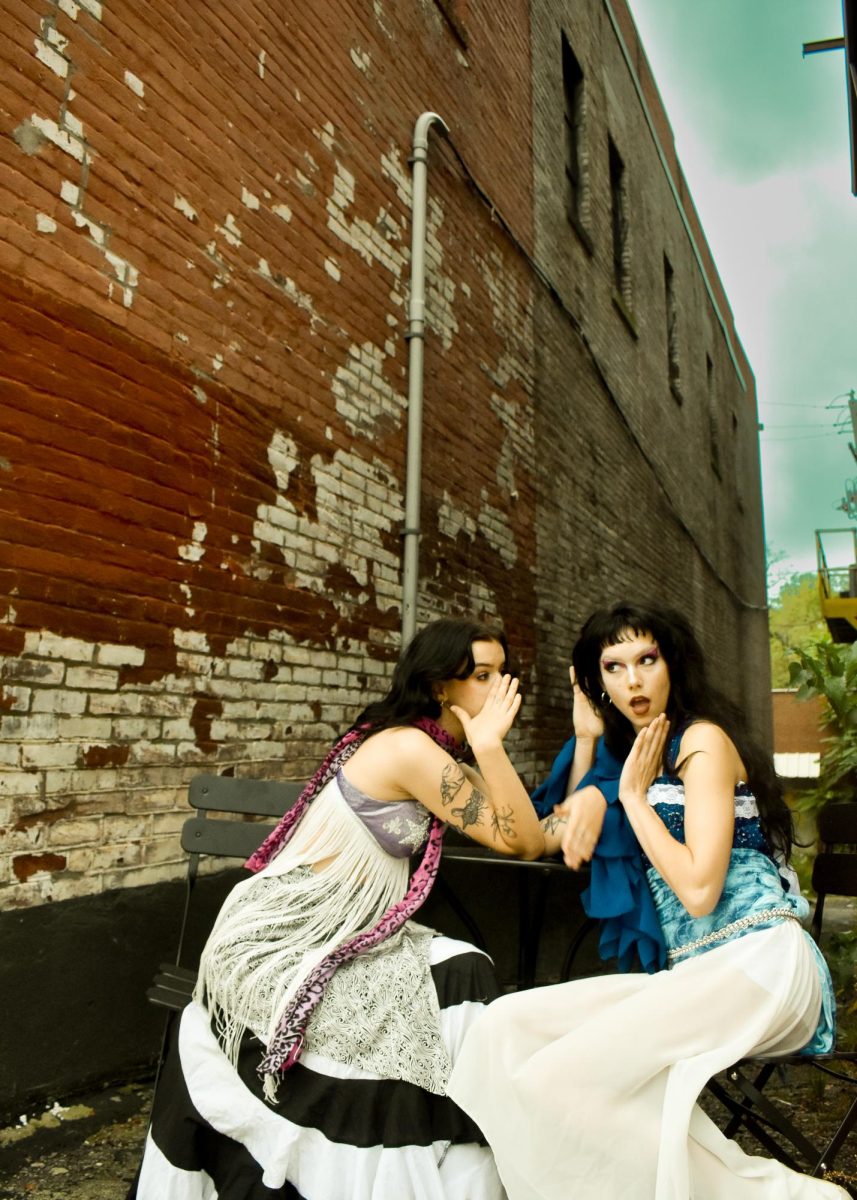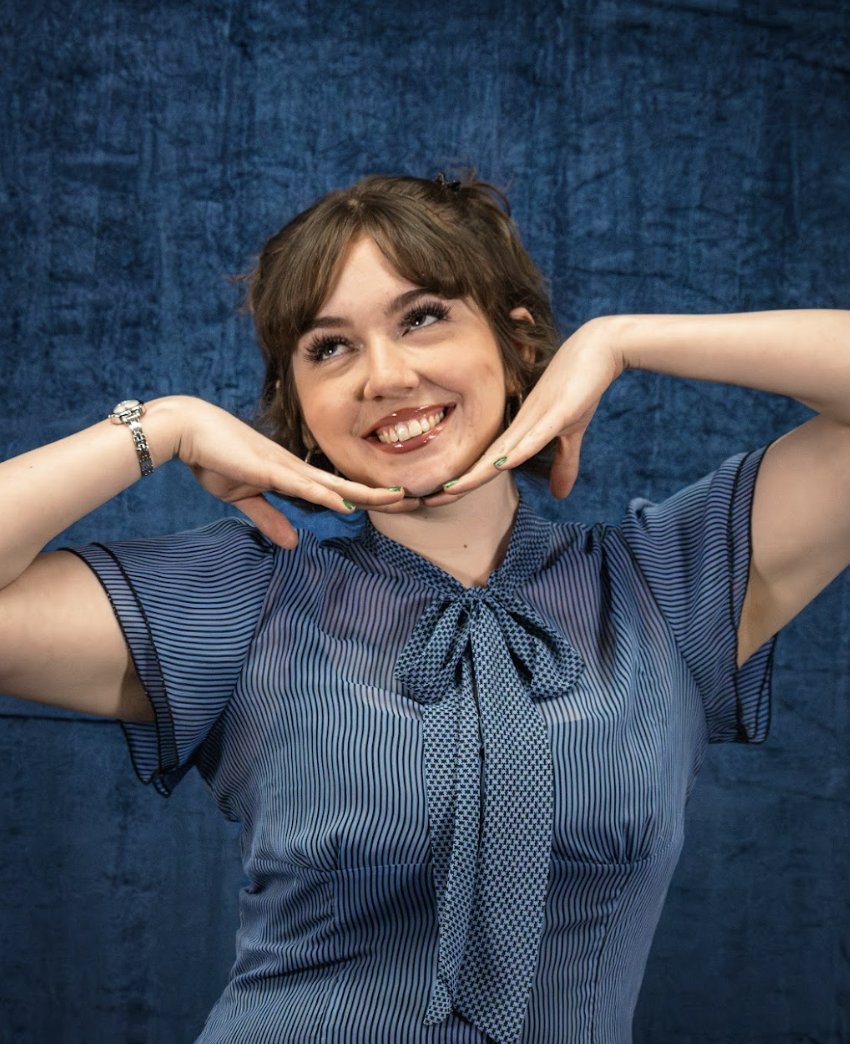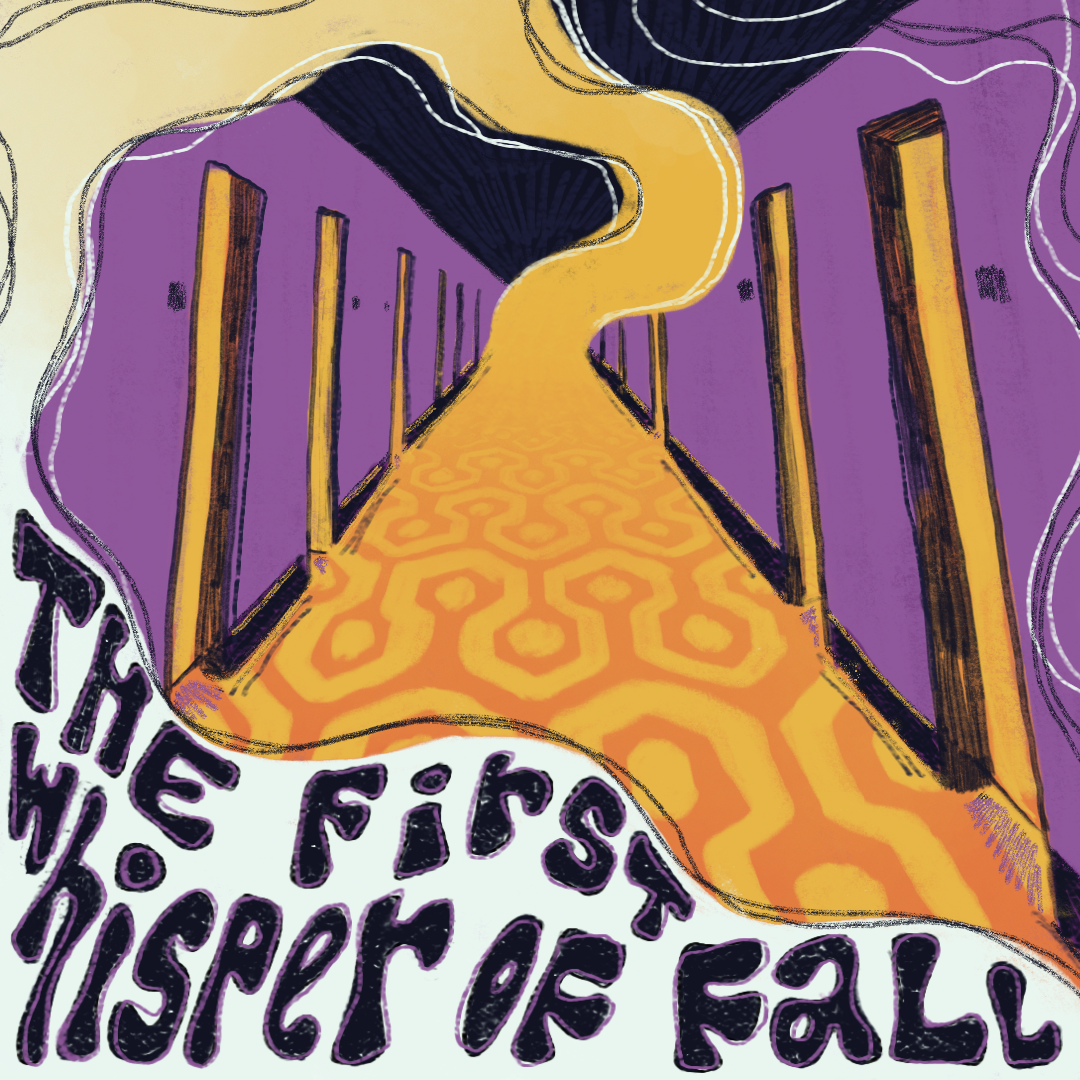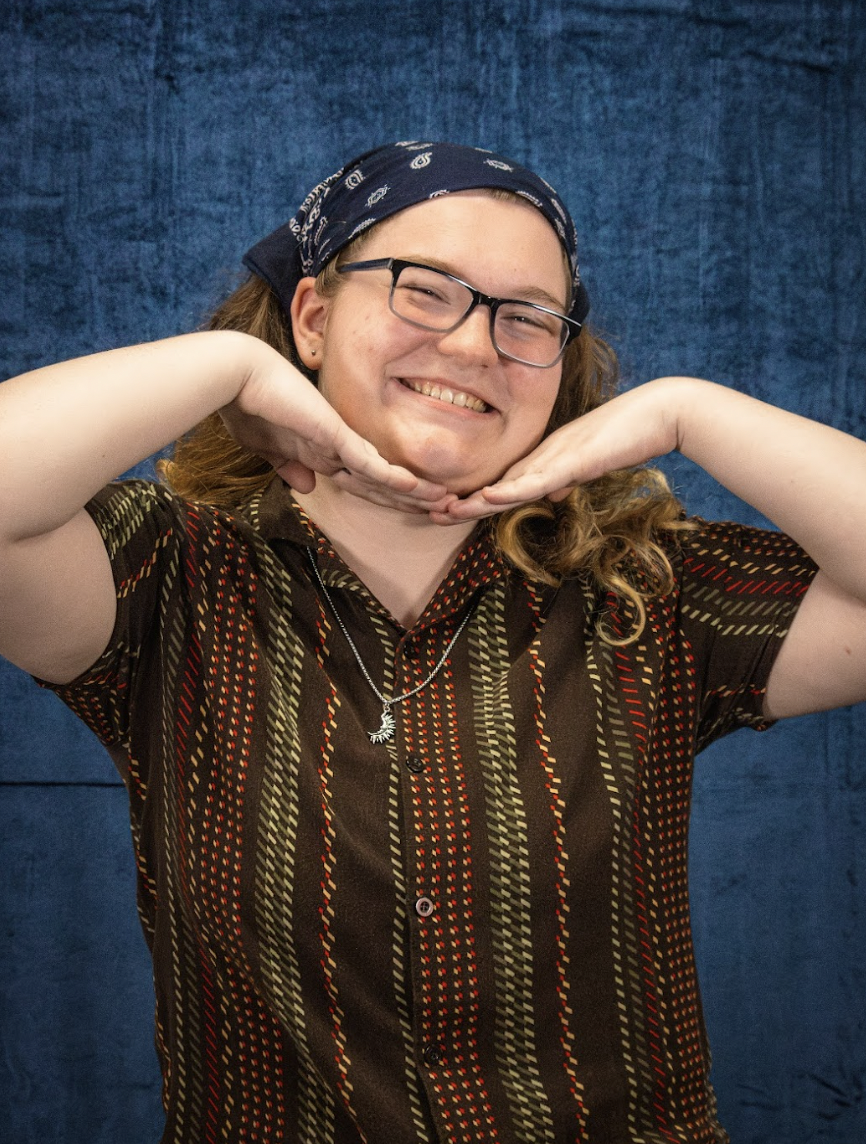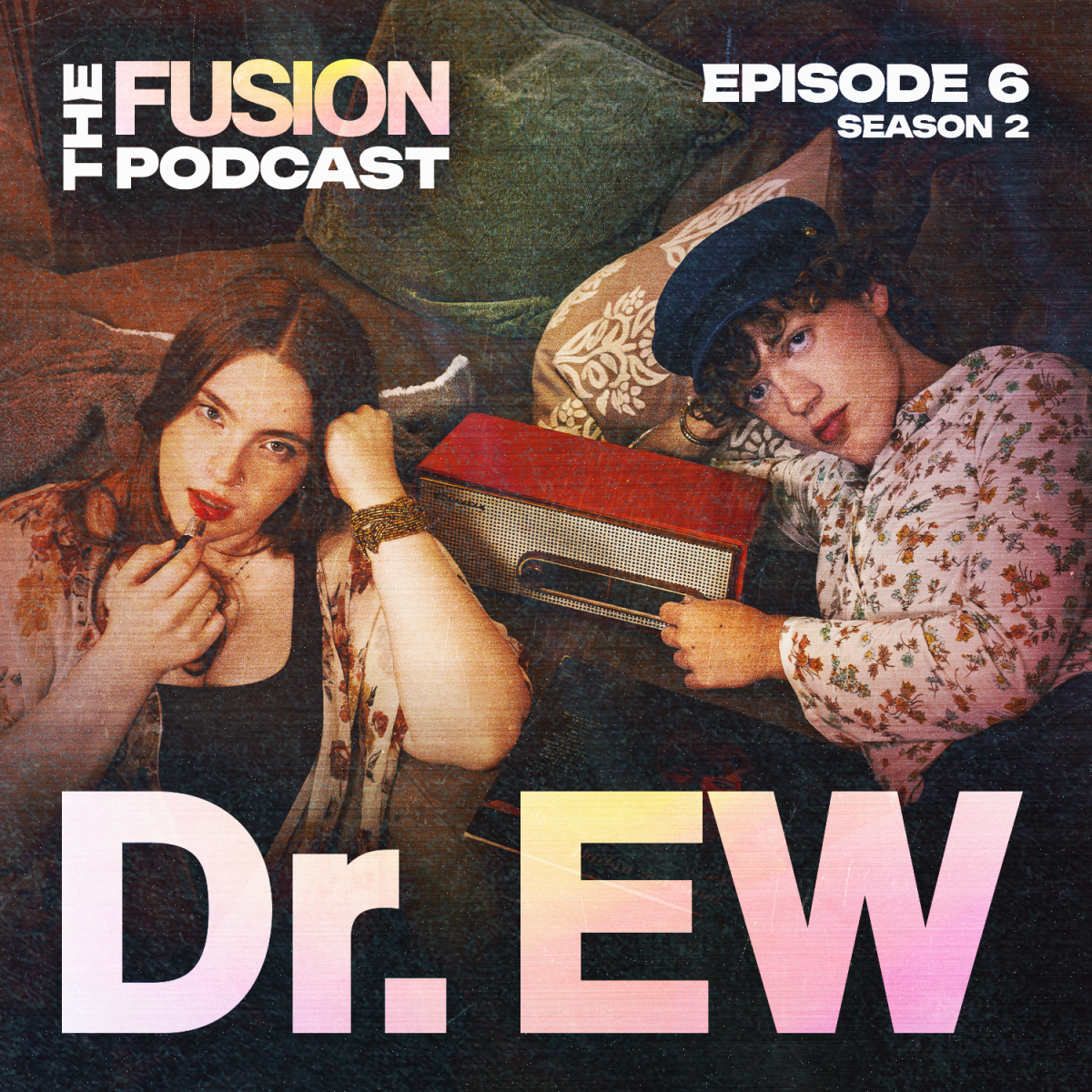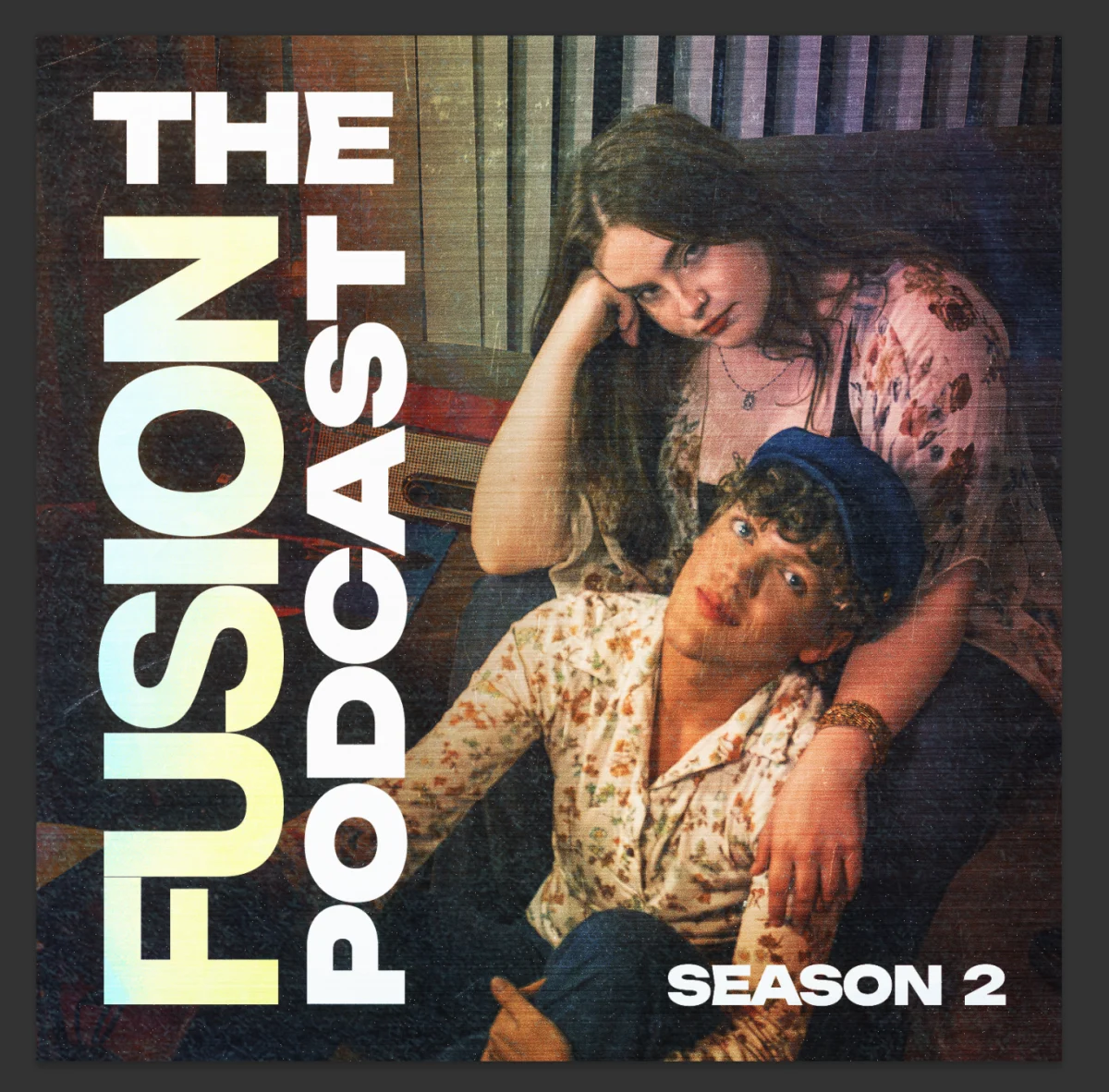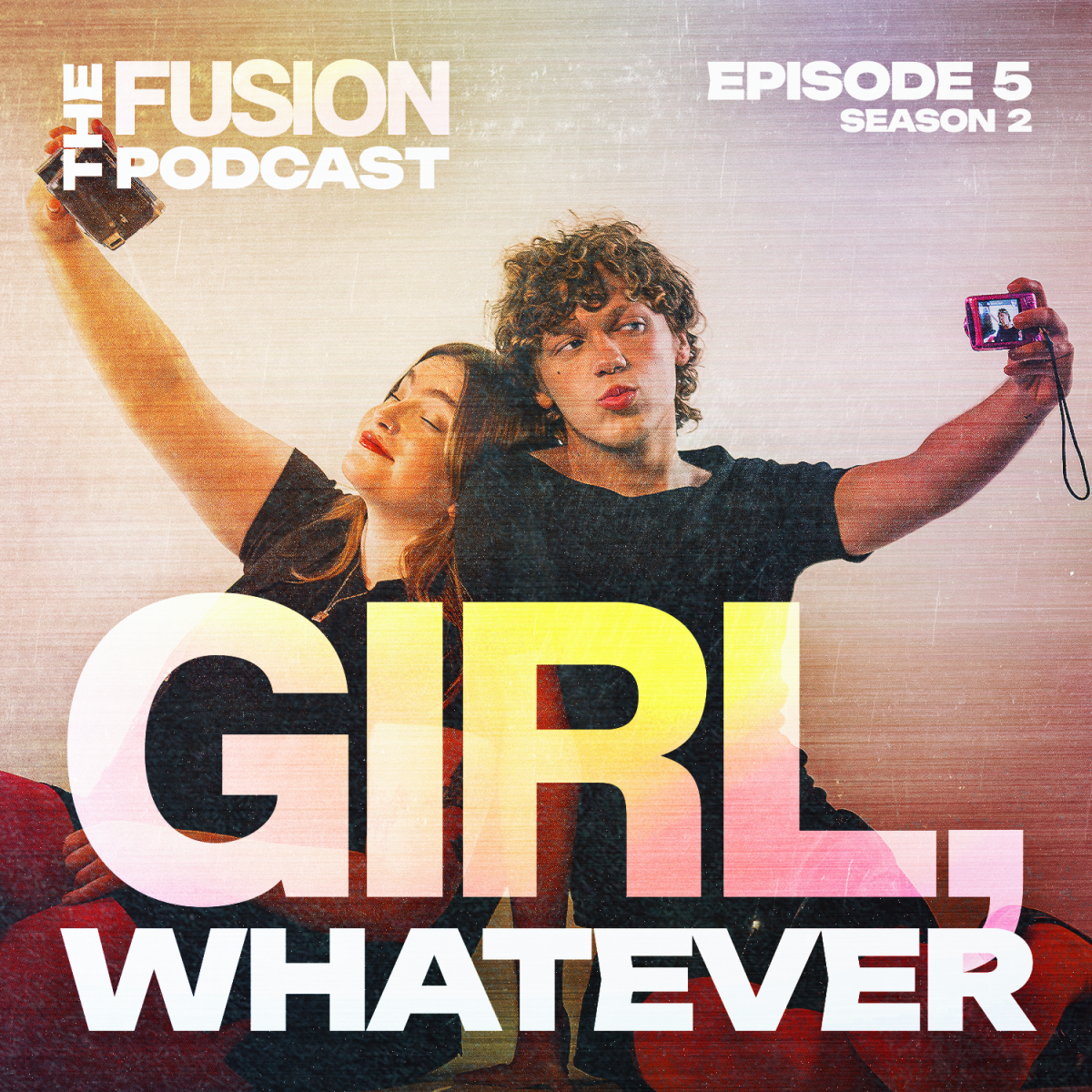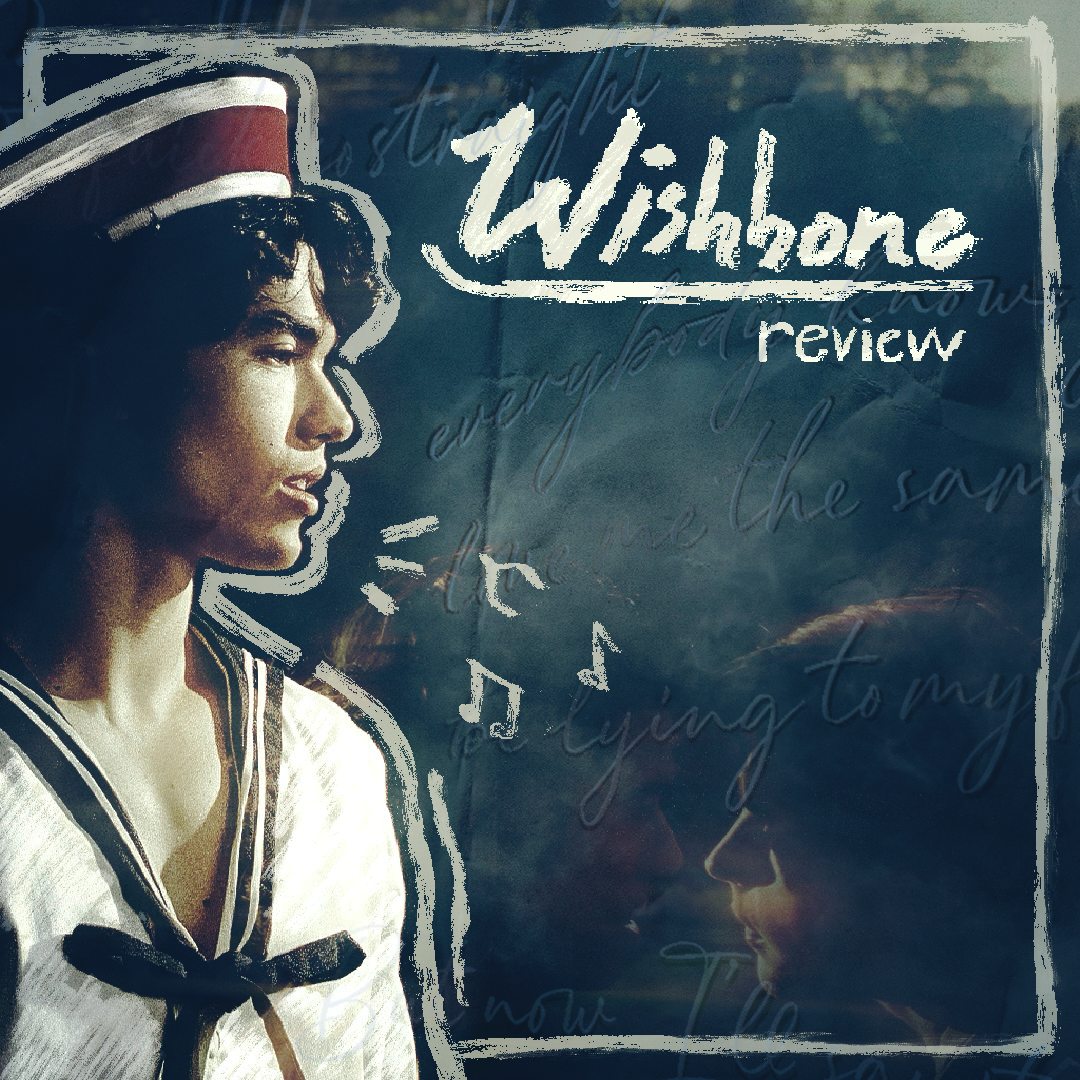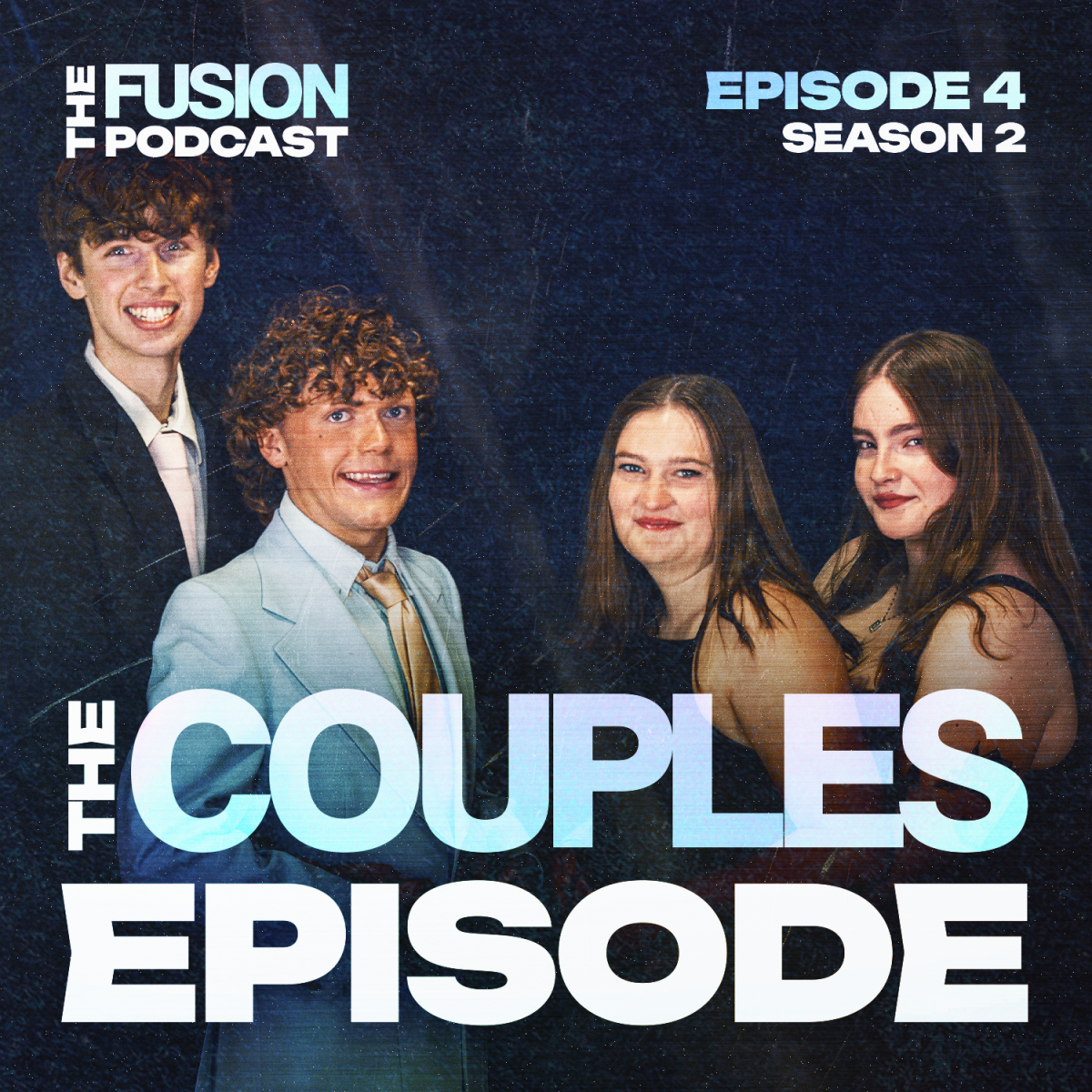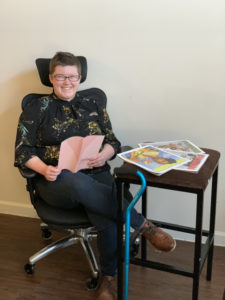
I started working for Fusion in January 2020, just two months before COVID-19 hit and shut down college life as I knew it.
I enjoyed being on staff before the pandemic—I love the process of editing, my fellow staff members and the platform to talk about parts of the queer community that aren’t always acknowledged, like fatness and disability. But afterward, it became a lifeline.
As someone who’s seriously high-risk, I’ve never truly returned to the “college experience” that has become so prevalent in discourse about higher education. I’ve come to realize that this experience privileges a very specific type of student, and I’m not that type. I also don’t think that colleges and universities should continue to promote this idealized standard to the detriment of marginalized people who have been hit hardest by COVID or ignore the precautionary measures, like masks and vaccine mandates, that could allow everyone to participate safely. However, I do still mourn what I’ve lost.
I’m still taking all my classes virtually and over the past two years, my involvement in other clubs and activities has mostly slipped away. Any time I want to do something that doesn’t provide universal remote access, I have to ask for it, disclosing my disability and sometimes providing notes from my doctors. Even then, I can easily be denied, or if I am granted access, I’m likely to be treated as though my asking is unreasonable or a burden, to arrive only to find that planned activities are really only feasible in person and my “access” is to watch from Zoom, unable to participate. It’s made for an experience that is alienating and frustrating at best and crushingly depressing at worst.
But Fusion has remained and has always made virtual space for me, wholehearted virtual space that didn’t need proof and didn’t create guilt. It’s essentially what Mia Mingus termed “access intimacy”: “that elusive, hard to describe feeling when someone else ‘gets’ your access needs. The kind of eerie comfort that your disabled self feels with someone on a purely access level…the way your body relaxes and opens up with someone when all your access needs are being met.”
Throughout COVID, I have rarely felt access intimacy in organized groups or on campus; I have mostly felt it with my friends and within disabled communities. However, I’ve also felt it with Fusion. It has been a welcome relief in a world where I feel like I am always fighting. It has raised my standards for the other spaces I am in. It has shown me what is possible; as Mingus says, “without it, there is survival, but rarely true, whole connection,” and Fusion has helped me realize that I can demand the conditions to create that connection.
I realized recently that the Fusion office was one of the last places I was on campus before everything went online and I moved back to my parents’ house, and it’s one of the only places I’ve been on campus since. It has been a cornerstone of my life throughout undergrad in a way that very few things have, and as I’m coming to the end of my senior year, I’m already dreading saying goodbye. But I know that when I leave, I’ll be taking many parts of Fusion with me, from copies of all our magazines to the friends I’ve made, to the knowledge that I deserve access intimacy.

